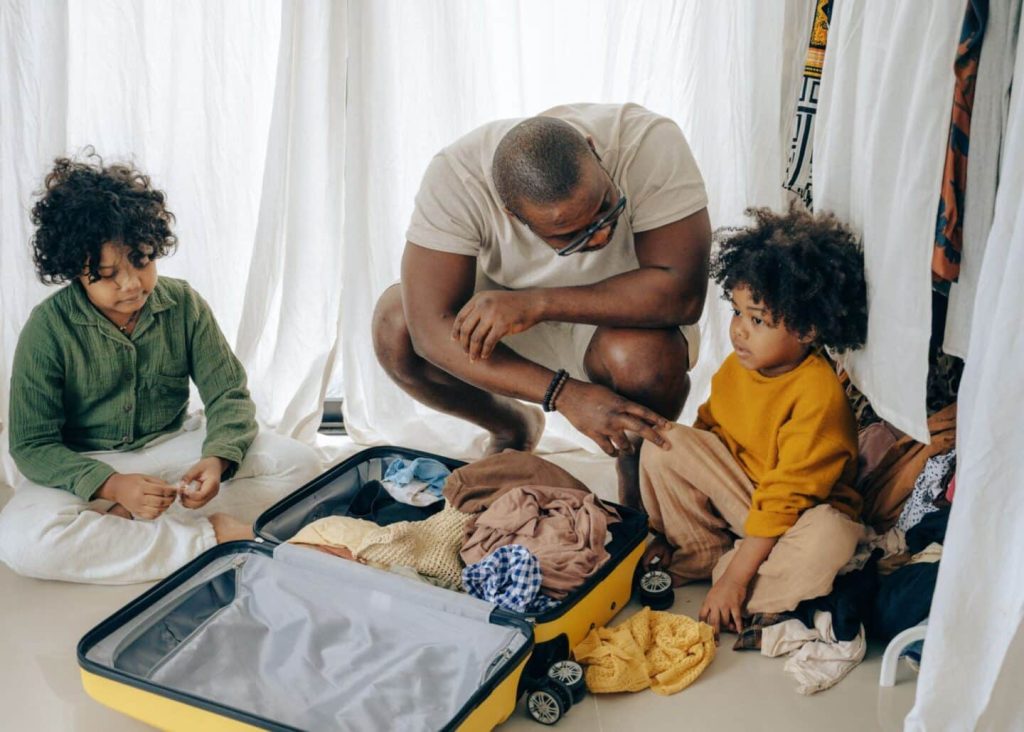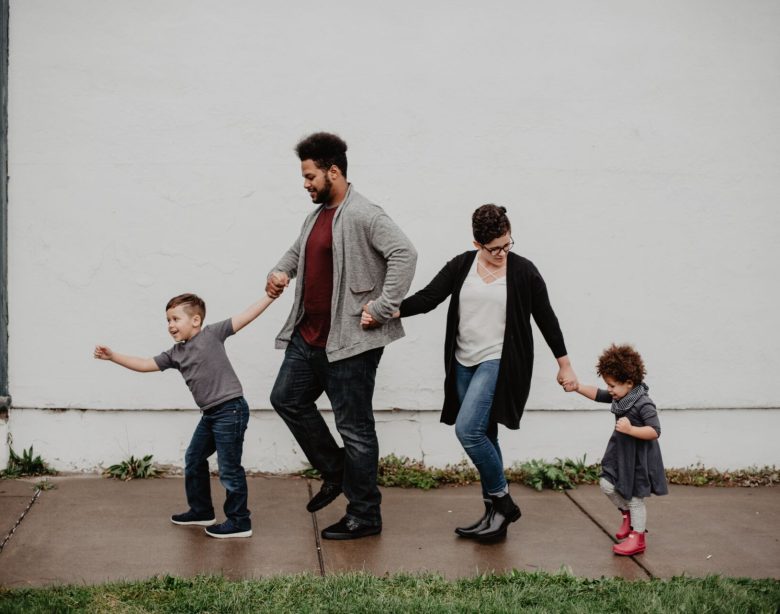In this article, we’re sharing our tips on how to minimise the impact of divorce on young children.

Divorce can be difficult to process as an individual, especially when children are involved and there’s a strong sense of guilt surrounding how it will affect them. Much of the divorce advice in Chelmsford centres around issues regarding children during these times.
Luckily, it’s not all bad news, there are some positive effects of divorce on children if the situation is handled well. Divorce can teach children about conflict resolution and can make them more empathetic towards others.
Even so, as parents you want to minimise the effect divorce has on them as much as possible. In this article, we’re going to be sharing tips on how to do just that, let’s delve in…
How Does Divorce Affect Young Children?
There are a number of ways in which a divorce can impact young kids including:
- Upheaval – during a divorce, a child may be moved to a new home and/or school and therefore away from their friends and some family members
- Loss of contact with one parent – as a result of the divorce, the child may have limited access to the parent that they don’t live with
- Upset and confusion – For a young child, a divorce can mean a lot of changes not all of which they’ll understand and so it can understandably become a frustrating upsetting time for them.
How to Minimise The Impact of Divorce on Young Children
Create an Environment that Encourages Open Communication
When a divorce is initiated, it’s natural to want to protect your children from this harsh reality but sometimes not knowing what’s going on can increase a child’s distress. As such, it’s important to speak with your child – preferably as a couple – about what’s going to happen and to answer any questions that they might have.
It’s important to let your child know that it’s OK to be upset or even scared and to offer lots of reassurance.
Similarly, you don’t need to be entirely upbeat about the situation. It’s OK to let your child know that you’re sad, as long as you don’t become too emotional which can sometimes be frightening for a young child.
It’s also vital that you make it clear that the divorce is not due to anything your child may have – or have not – done. For a young child, the world is a small one which generally revolves around themselves and so it’s common for them to automatically assume that the divorce is their fault.
You don’t, of course, have to share the real reasons for the divorce with your child as this will usually be of an adult nature which they will be unable to process.
Try to Keep Routines Similar
With the best will in the world there will almost certainly be some major changes to your child’s life during and following your divorce. While this is inevitable, it’s important that you try to keep your child’s day to day life as normal as possible. This means trying to keep routines the same – in both households.

This will be a hugely confusing time for your child(ren), particularly if they are spending time in two different homes. You can both help them to feel more secure by agreeing to keep rules and routines the same across the board to create a seamless transition for your kids.
Present a United Front
It should go without saying that you and your spouse should refrain from arguing in front of your child (however acrimonious the divorce may be). Similarly, however tempting, avoid the urge to criticise your spouse and any new partner in front of the kids in an attempt to manipulate them into taking sides.
This will almost certainly not end well and, as well as confusing and upsetting the child, this can lead them to start playing you off against your former partner. Similarly, try to avoid the urge to snoop into your ex’s new life by interrogating your child about their home, partner and lifestyle as this will make your child feel conflicted and uncomfortable.
It’s essential that yourself and your former spouse come to an agreement that your child’s welfare and wellbeing comes above everything else and that for their sake you will keep your differences aside in their presence.
In addition, if there are new partners on the scene, it can be helpful to discuss this between you and to come to an agreement about when / how the child will be introduced to new partners and how much time will be spent with them.
Setting boundaries for new relationships may be uncomfortable but it can also help to avoid a great deal of unpleasantness for the two of you and for your children.
Minimising the impact of divorce on children
Whatever the circumstances of your divorce, there’s a good chance that you both have one thing in common – a commitment to the welfare of your child(ren).
Because of this, you will need to put your personal feelings aside to an extent in order to do what’s best for the kids. By keeping up communication and working together to make sure your child’s life remains the same where possible you can make the transition much easier for everybody concerned.
By reassuring your child that they are loved by both parents they will eventually adjust to the new normal more quickly and with minimal upset and disruption.




